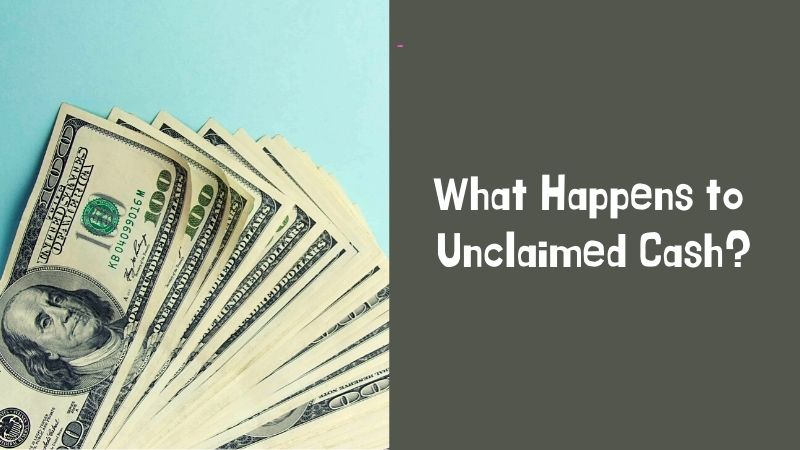
Today in the U.S, there are more than $132 million unclaimed by depositors in bank accounts. But according to some experts, the amount is much larger and banks can hold up to $3 billion such funds. This money is called unclaimed.
What is their origin?
There are at least three categories of unclaimed deposits:
- First, these are deceased citizens;
- These are Americans who emigrated to other countries and are unable to collect their money;
- The third category of depositors is people who are clients of banks that have lost their licenses. These depositors simply forgot that they kept their savings in these banks. Another type of depositors are people who allegedly “forgot” their funds in order not to succumb to the temptation to spend them.
What happens to unclaimed deposits?
All funds in banks belong to the depositor despite the fact that many years may pass from the moment of opening the deposit.
Lawyers confirm that the deposit agreement can be extended many times. Or the deposit can be transferred to an account with a minimum interest, where it continues to be kept.
According to them, the agreement may provide for the extension of the term of the deposit. But the bank cannot withdraw the depositor’s money, as this would be unjust enrichment.
However, the bank has the right to charge a commission for servicing the account, if it is specified in the agreement.
Experts warn that from time to time situations arise when clients contact the bank but find that certain amounts have been debited from their accounts. At the same time, the bank operates under a signed agreement with the depositor, which specifies all the conditions for charging a monthly service fee. By signing the contract, the client assumes the obligation to pay the commission monthly, which sometimes can be comparable to the funds on the deposit.
It turns out that the client contacts the bank to withdraw money, but there is no money in the account since they all went to service. In such cases, the courts almost always pass a verdict in favor of the bank.
If the bank loses its license, then the depositor’s money is also transferred to the Federal Reserve. In this case, the law provides for the depositor the right to receive insurance compensation. But a prerequisite is the bank’s participation in the deposit insurance system.
If a person who opened a deposit in a bank dies, then such a deposit becomes inherited property. In some cases, heirs do not enter into inheritance rights since we can talk about small amounts. And sometimes the heirs simply do not know that their relatives have deposits. That is why such astronomical sums were stuck in banks.
As already mentioned, banks cannot misappropriate these funds. And after some time, the deposits of deceased depositors are recognized as escheat property and go to the state.
Lawyers say that currently there is no special law on the procedure for inheriting escheat property. Therefore, for the transfer of unclaimed money to state ownership, one of the following conditions must be met:
- absence of heirs by law and by will;
- lack of inheritance rights from heirs;
- removal of heirs from inheritance;
- rejection of inheritance by heirs.
Only after the establishment of these facts in court, the unclaimed money is transferred to the state ownership.